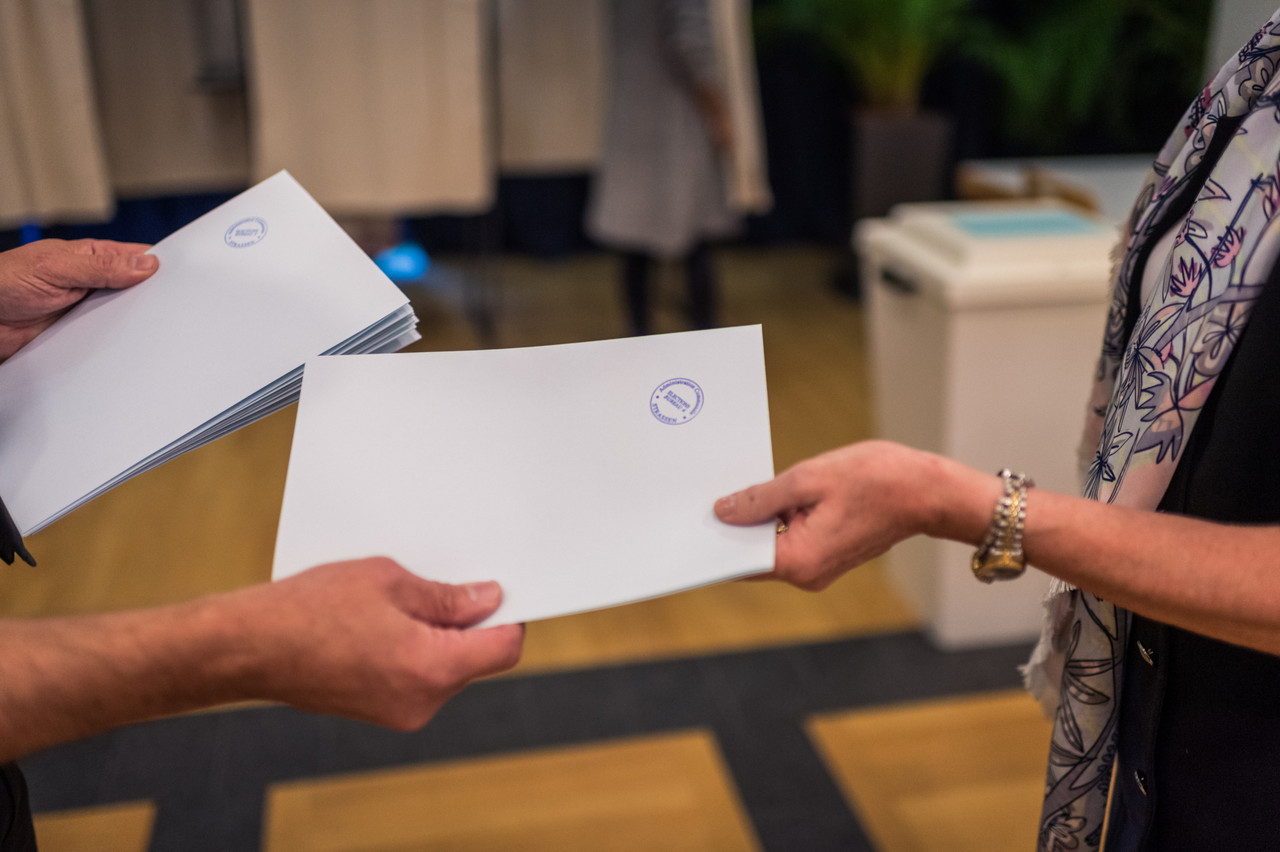It’s all about the communes
Opportunities for foreigners in Luxembourg to make their voices heard in politics are limited. The topic of granting non-nationals the right to vote in parliamentary elections has been shelved since the idea was shot down by voters in 2015. It is unlikely to be revisited anytime soon. But only around one in five foreigners participate in local elections, even though communes, in many ways, are the beating heart of the country.
Town halls have an important say in the development of infrastructure, such as roads but also housing. Local administrations can make or break business projects. They manage primary schools and essential services such as waste disposal.
The intricacies of party politics can be overwhelming, especially when language barriers remain a problem, as they do in many areas of public life in the country. But with one year to go until the 2023 local elections, it’s time to get clued up about what your commune can do for you.
Gap to fill
Luxembourg’s five biggest communes count between 40% to 70% foreigners. But only 11% to 19% of non-nationals participated in the last local elections in these communes, a rate that is below the national average, not taking into account non-eligible residents.
Foreigners voting in local elections
Less than a quarter of non-nationals registered to vote in the last local elections in 2017. This was up from a rate of 17% in 2011. EU and non-EU foreigners must live in Luxembourg for five years before they can vote in local elections. The government has proposed scrapping this rule, with the bill pending a vote in parliament. Luxembourg nationals are automatically registered to vote and voting is compulsory for them.
The rate of non-nationals aged 18 to 24 registered to vote in local elections at 5% was significantly lower than the overall rate of 22.8%. Only 561 young foreigners signed up.
Few foreigners run for election
Out of 3,575 candidates who ran for election in 2017, 270 were non-nationals. The largest share were Portuguese, with 86 people running for office. Germans (34), Italians (34), French (31) and Belgians (24) were also well represented. The success rate was 5.5% for non-nationals compared to 33% of Luxembourg candidates being voted into office.
Just 15 out of 1,119 elected officials in the last municipal elections were foreigners. While foreigners make up 47% of the country’s population, they account for only 1.3% of local politicians.
Information about how to register to vote in your commune is available on . Ahead of the next elections, the government has submitted a draft law to parliament to requirement and to make registration possible up until 55 days before the election, down from currently 87.
